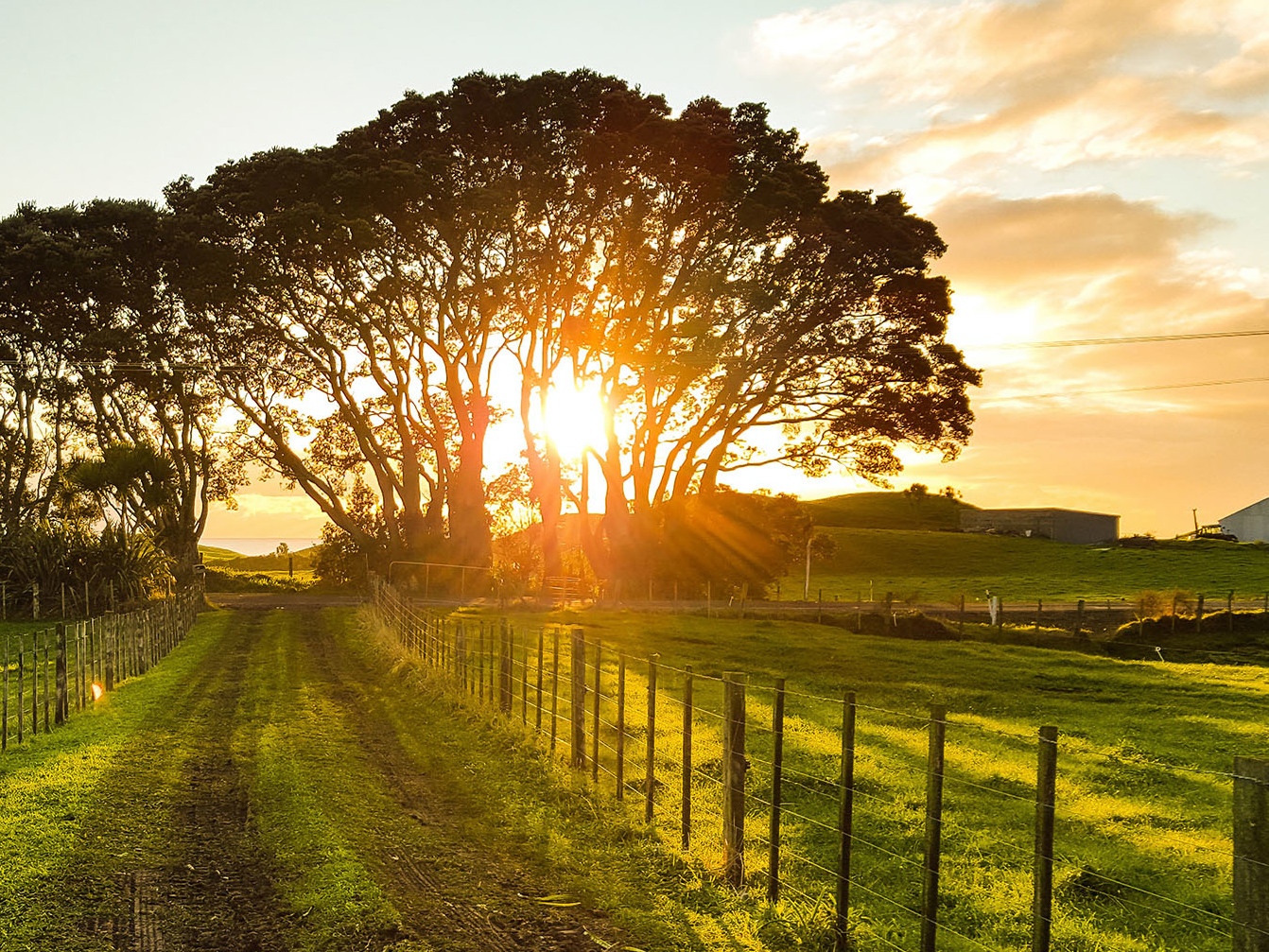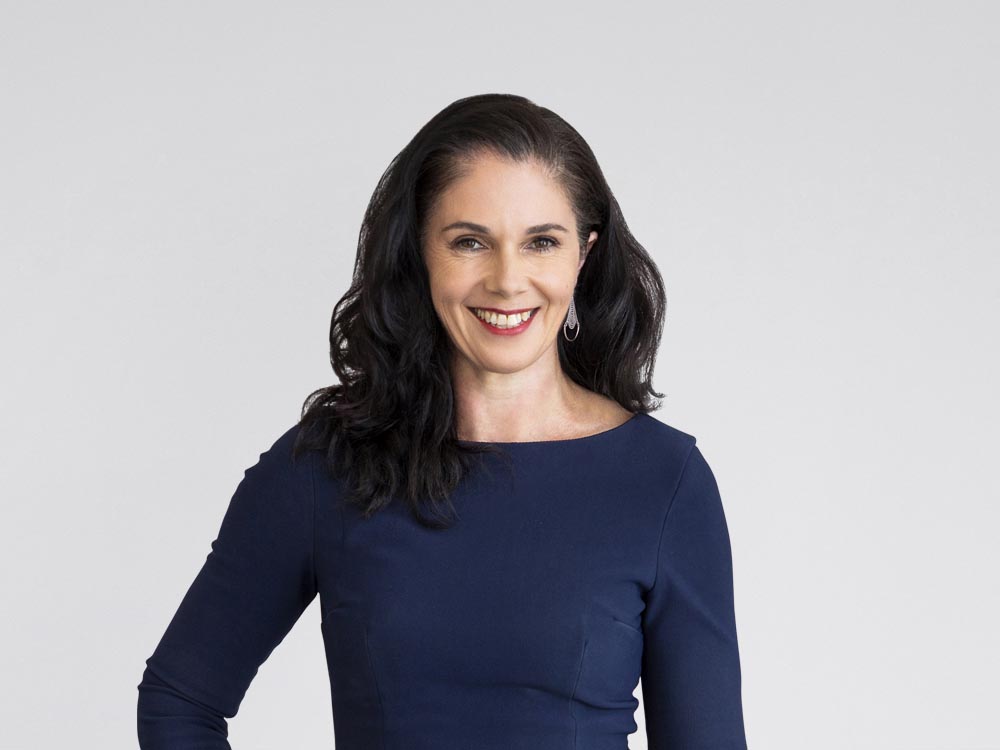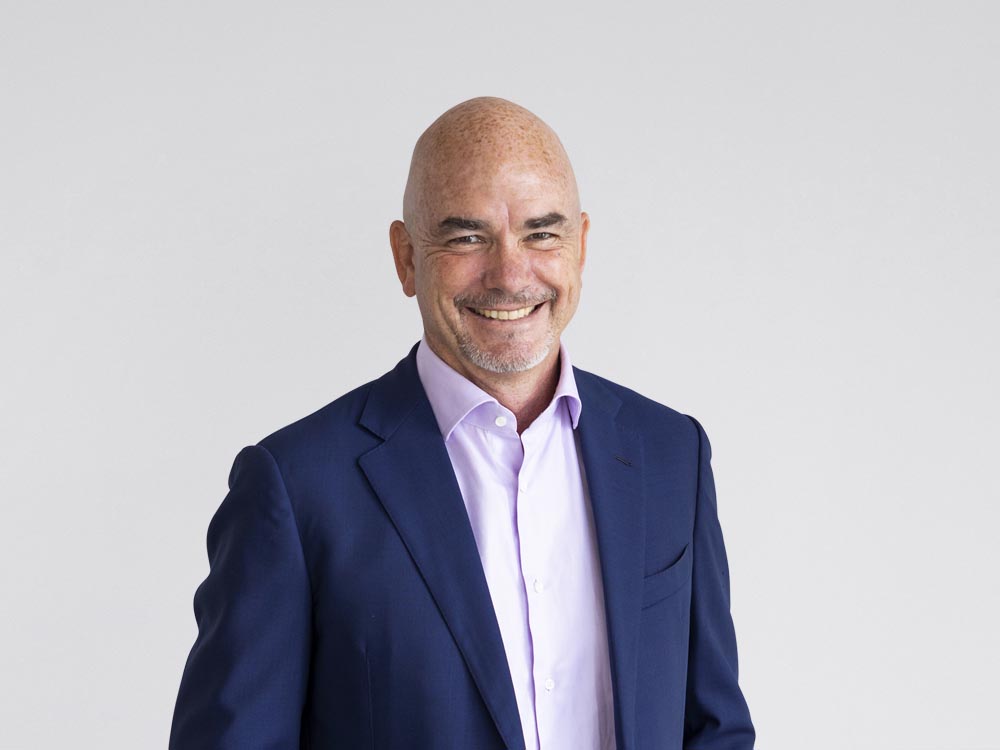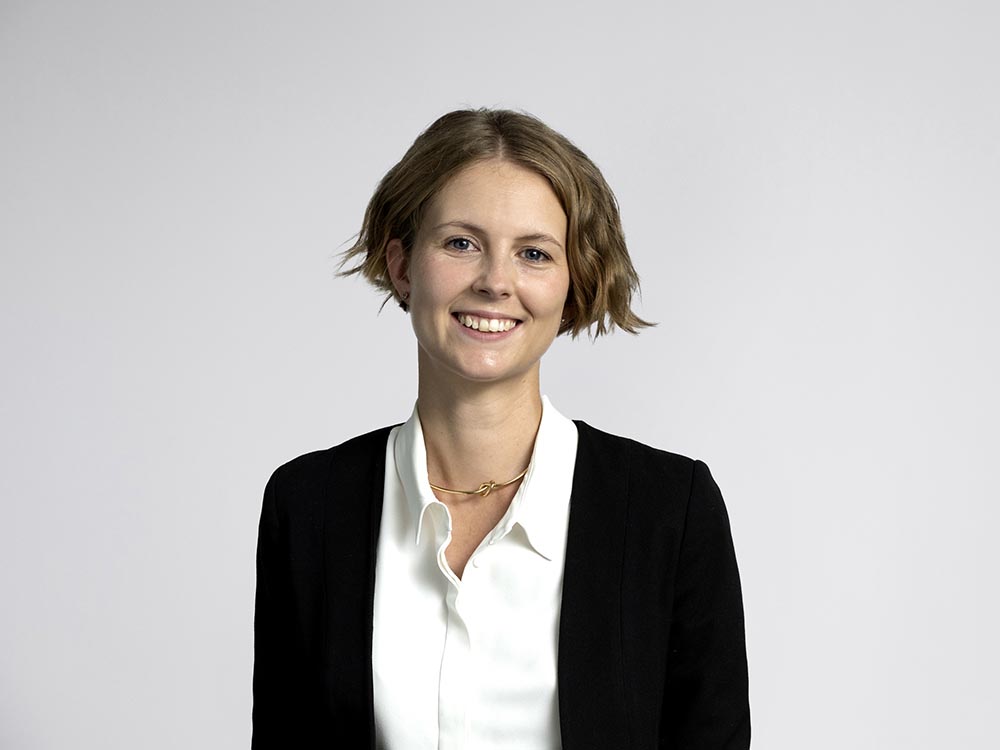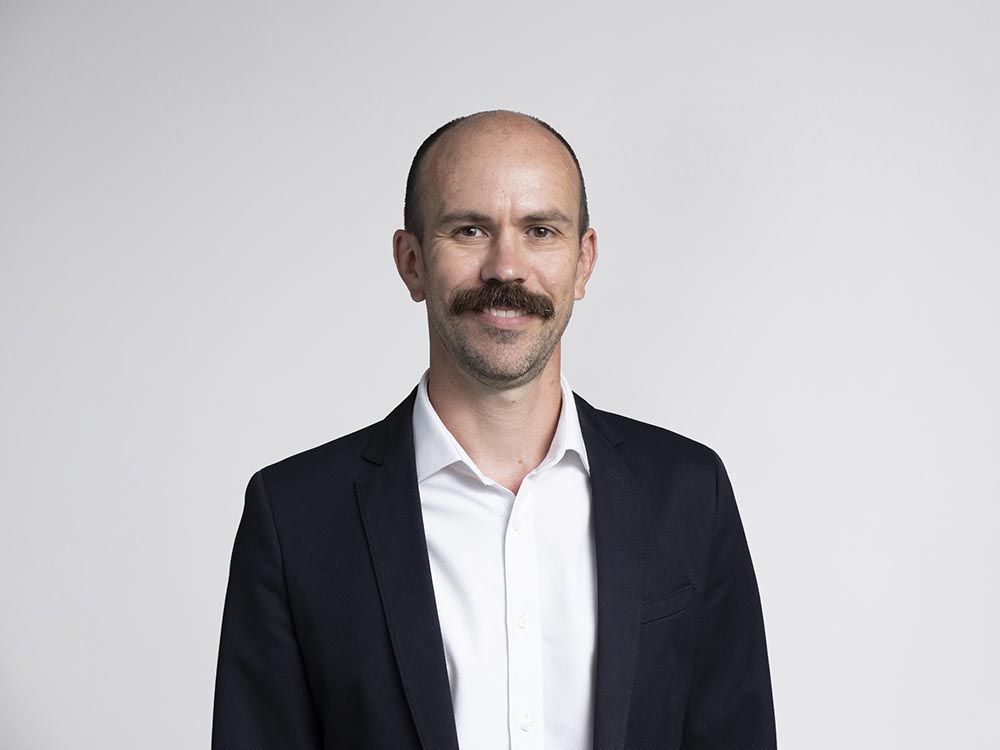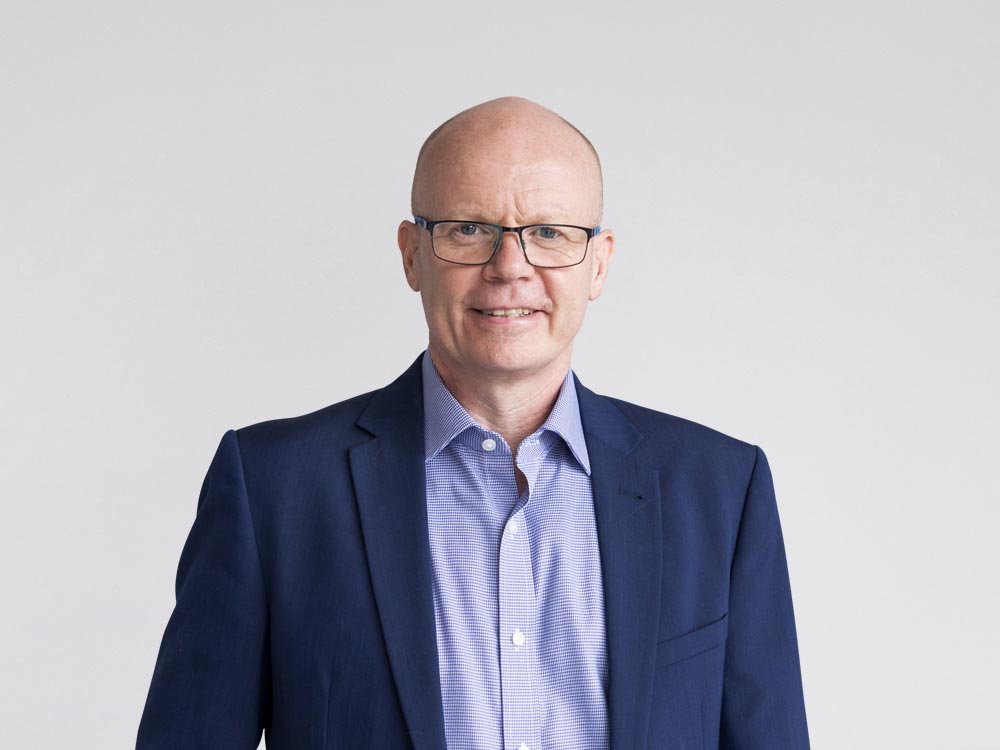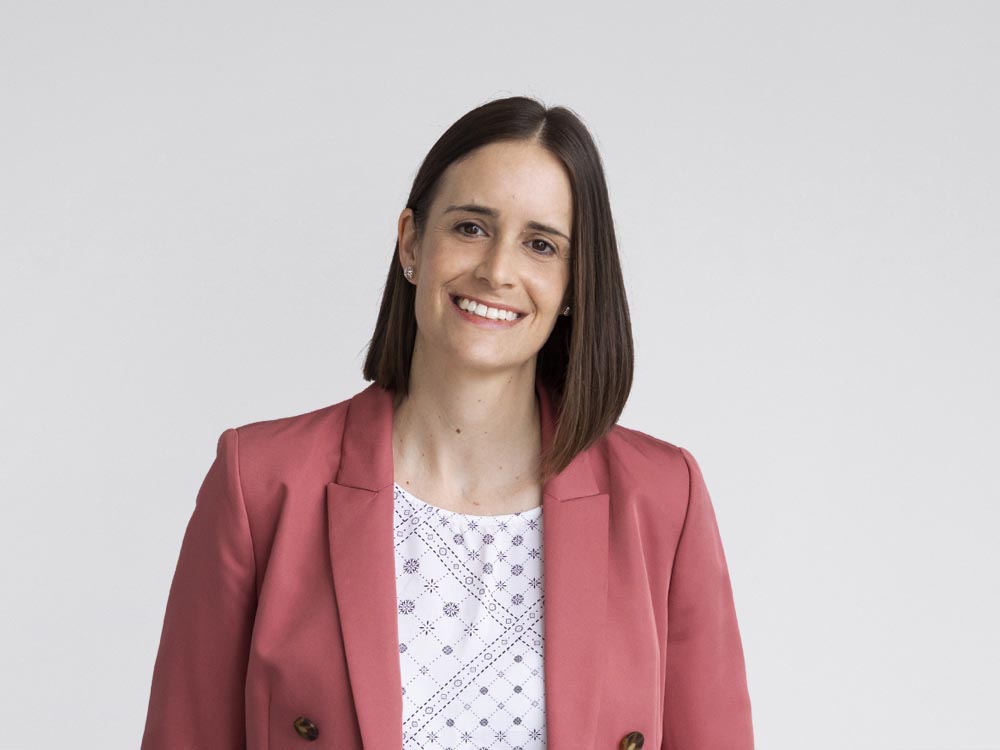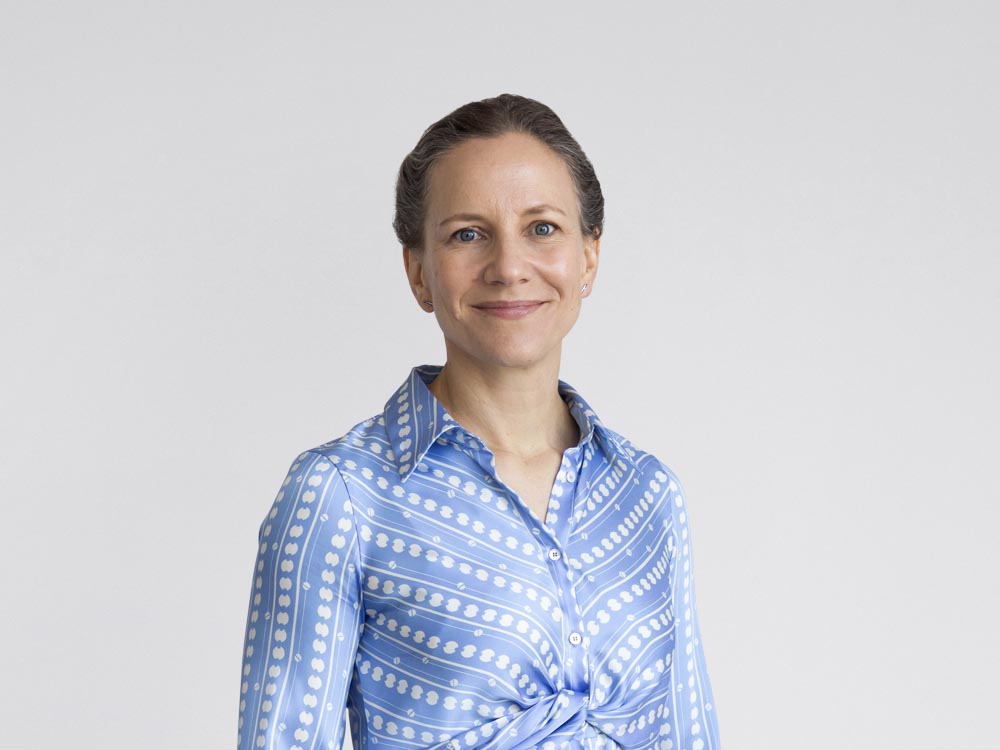Our Sustainability Conversation Starter series is aimed at providing different parts of the property industry with tools for having discussions around sustainability. In part two of the series, we provide talking points landlords with established premises can use in conversations to work towards sustainable outcomes.
We can all play a part in creating a more sustainable future. Our work on The Chancery Lane Project to develop contractual clauses to help fight climate change is one way that our firm is working to implement sustainable practices, and we are encouraging others in the property sector to look at what they can do in this space.
See below the other articles in our Sustainability Conversation Starter series:
Conversation starters for tenants
Creating more sustainable premises as a landlord
While it is more difficult to make sustainable changes when you have an established building and are often limited to existing construction and/or materials, there are still steps that you can take to understand how your premises are currently operating, and look to implement more sustainable practices going forward.
We encourage you to use these conversation starters to begin an open dialogue on sustainability in relation to your property, as part of a larger drive to establish sustainable practices across all parts of the property sector. Sustainability is already moving up the list of things that tenants are looking for in their leased premises, so by having these conversations early, landlords can position themselves well to attract new tenants now, but also get ahead of the curve and ensure demand from tenants for years to come.
Te taiao | Care for the natural world
- Ask your contractors and suppliers about the sustainability of their products. Even if you are not able to make significant alterations to your physical space you can understand where these items are coming from, how they are manufactured and what they are packaged in. For any upgrades, replacements, new fitout, fixtures and fittings etc. in the future, those conversations with contractors and suppliers can lead to even more significant improvements in terms of sustainable practices, sustainable materials and energy efficiencies. If you are refitting premises as part of an agreement with incoming tenants, this is a great time to have this conversation – particularly because that’s your best opportunity to secure a tenant contribution for any more bespoke sustainable features.
- Speak to your existing tenants to understand if there is demand for installing EV car parks (see more on this here) or bike parking. Again, they may be open to sharing costs.
- Ask your contractors and other users questions, and complete research, to understand the useful life of your products. The concept of a circular economy (where we continue to use products and materials that are already in circulation) is part of the emissions reduction plan that was released by the Government for consultation earlier this year.
Ngā tāngata | Care for people and communities
- Speak to your property manager and valuer to understand how sustainability is factored into the market value of your premises and make sure that your form of lease reflects those sustainable features that impact valuation.
- Talk to other building owners who have implemented building rules, fitout manuals, and other similar measures regulating sustainable practices – to gain insight on how these could be adapted for your building. This may be building-wide recycling and energy efficiency initiatives, monitoring of landfill rubbish output, or just processes for re-using coffee grounds.
Ngā tikanga | Implement sustainable practices
- Talk to your investment advisor about sustainable finance options like green bonds. Depending on the structure and strategy of your business, these can be a good way to fund further development and portfolio expansion.
- Start discussions with accreditation providers, to see how your building currently rates on sustainable scales – for example:
- Green Star Performance rating for operational performance (measured on a scale from 0 to 6), or
- NABERSNZ rating for energy efficiency (measured on a scale from 0 to 6),
and talk to your architect and engineer about what would be required to upgrade your building to achieve a higher rating.
Please contact any one of our experts if you have any queries about the sustainability of your premises, or if you would like to discuss how you can improve the sustainability of your building and business.
Coming up
Our next instalment will provide residential developers with practical conversation starters to have with purchasers, suppliers, contractors, the Council and others.
Co-authored by Hannah McCay, one of the solicitors in our Real Estate and Development team.

